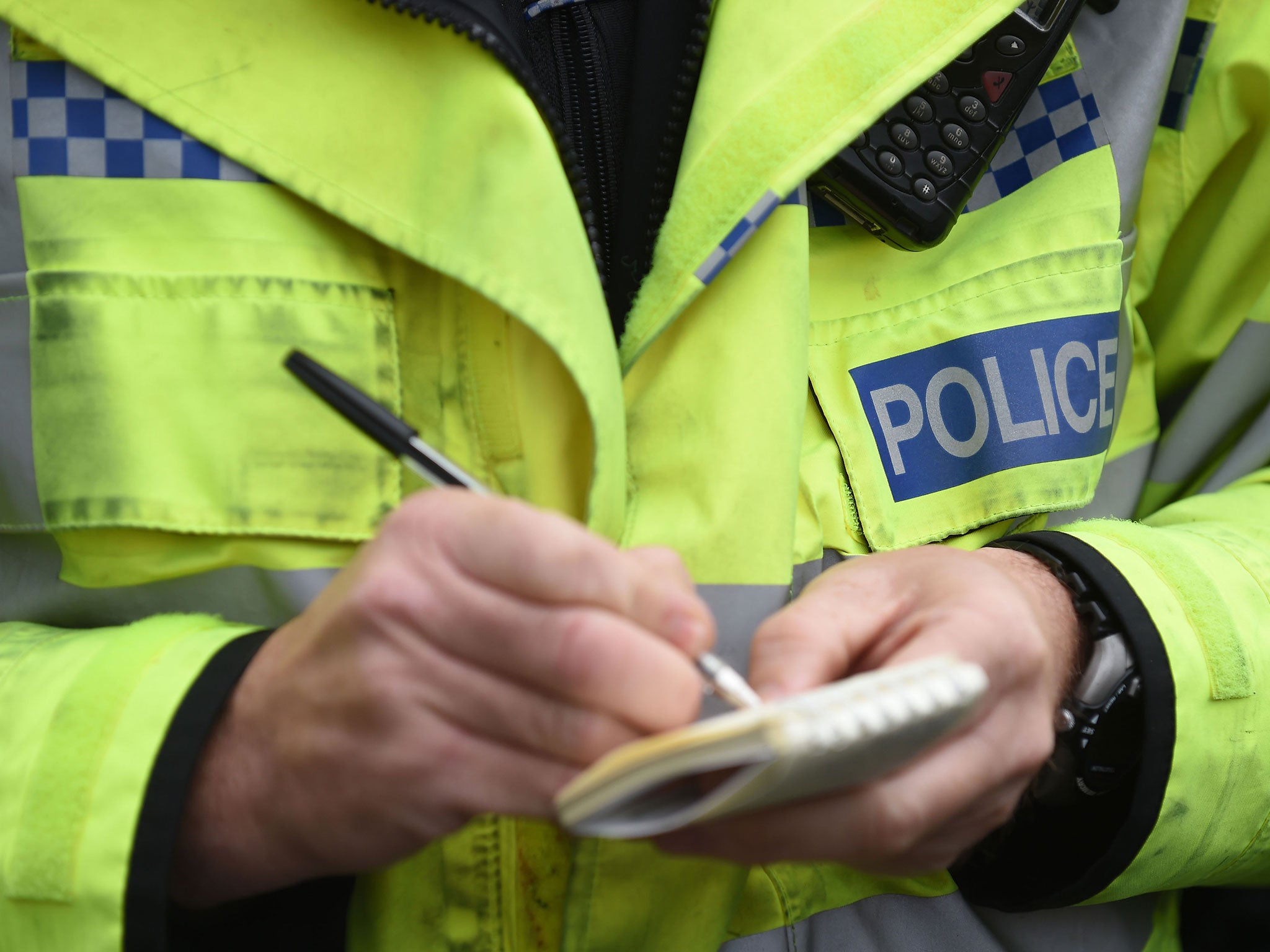New police watchdog launches to replace IPCC and ensure 'greater accountability to public'
Independent Office for Police Conduct (IOPC) given increased powers to start its own investigations

A new police watchdog has launched with strengthened powers to investigate alleged wrongdoing by forces across England and Wales.
The Independent Office for Police Conduct (IOPC) has replaced the Independent Police Complaints Commission (IPCC) amid anger and mistrust over the investigations into the deaths of several men in custody.
The Home Office said its structure would “ensure greater accountability to the public” by empowering the watchdog to launch its own investigations without referrals from police and making its probes completely separate from those carried out internally by forces.
Michael Lockwood, the former chief executive of Harrow Council, is heading the IOPC alongside deputies and regional directors.
“Public confidence in policing is best served by robust and independent oversight,” he said. “People need to know that when things go wrong, or serious allegations are made about police officers, they will be thoroughly investigated by a truly independent body.”
Relatives of suspects killed and injured in police custody have previously expressed doubt about the IPCC’s independence and powers.
The family of Rashan Charles, one of four black men who died after police contact last year, hit out at the lack of “prompt and effective action” after Scotland Yard refused to suspend the officer who restrained him.
Protests demanding justice for Mr Charles and another black man, Edson Da Costa, spilled into rioting over the summer in London.
The ongoing investigations are among those being transferred to the new IOPC, which is charged with investigating deaths and injuries involving police, as well as complaints against bodies including the Home Office, National Crime Agency and HM Revenue and Customs.
Mr Lockwood said the watchdog will probe alleged corruption and oversee the complaints system in England and Wales to set the standards by which police handle internal investigations.
The IOPC’s powers were expanded by the Policing and Crime Act 2017, with reforms led by Theresa May during her time as Home Secretary.
Unlike the IPCC, it can initiate its own investigations without relying on a police force to record and refer a case, reopen probes where new evidence has emerged and investigate all disciplinary claims against chief officers.
There will no longer be “managed” and “supervised” investigations, which formerly saw the IPCC oversee those carried out by police forces, with the separation aimed to safeguard its independence.
The IOPC will also be able to bring disciplinary cases against police officers even if their home force disagrees with its findings and takes no action.
“We are absolutely determined to make the police complaints and discipline systems simpler and more transparent for the benefit of the public,” said the minister for policing, Nick Hurd.
“We want confidence in policing to continue to grow and be underpinned by the vital role the reformed IOPC will play.
“Under the leadership of Michael Lockwood and the newly appointed board, it will provide powerful scrutiny for policing, with new powers to begin investigations when they are deemed appropriate and be decisive in concluding cases.”
Subscribe to Independent Premium to bookmark this article
Want to bookmark your favourite articles and stories to read or reference later? Start your Independent Premium subscription today.
